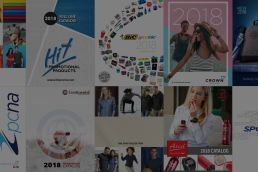Top Twenty Catalogs of 2018
More and more people are using online catalogs instead of print catalogs. As a result a, number of unique trends have emerged. This guide…
Keeping Track of New Catalogs and Flyers
Keeping up to date with new catalogs and flyers has never been easier! If you need help activating the notifications
The Top Three Ways Distributors Share ZOOMcatalogs
ZOOMcatalogs offer a unique way for distributors to share new products, flyers or entire catalogs to their customers. If you’ve just…
Top Ten ZOOMcatalogs of 2017
Here are the ten most viewed ZOOMcatalogs for 2017! There are a number of factors that go into attracting views of a ZOOMcatalog, and each…
ONLINE CATALOGS: trends for 2018
More and more people are using online catalogs instead of print catalogs. As a result a, number of unique trends have emerged. This guide…
Effective Email Marketing: What You Need to Know
When it comes to selling your products in an increasingly online world, one of the best things to do as a supplier is create an email…
How to market your ZOOMcatalogs
Marketing your ZOOMcatalogs and ZOOMcustom catalogs and flyers is important! Make sure distributors know about these awesome new tools you…







